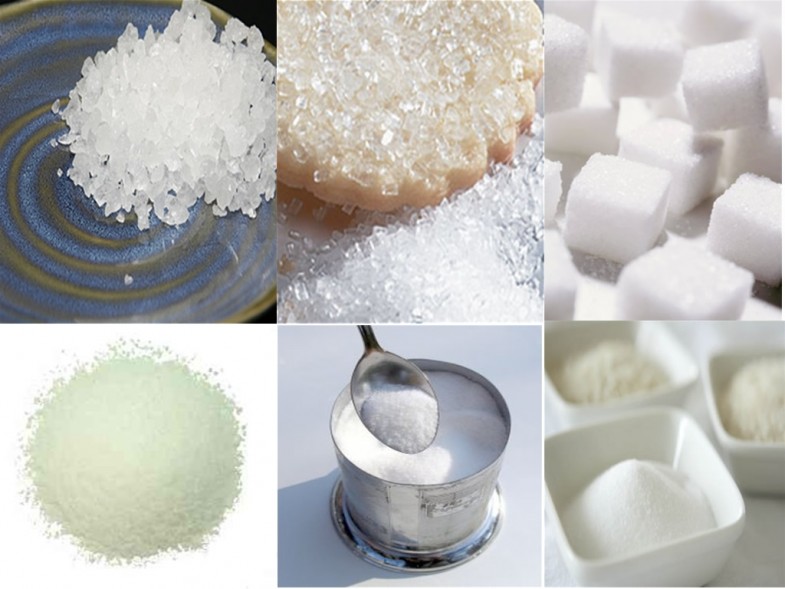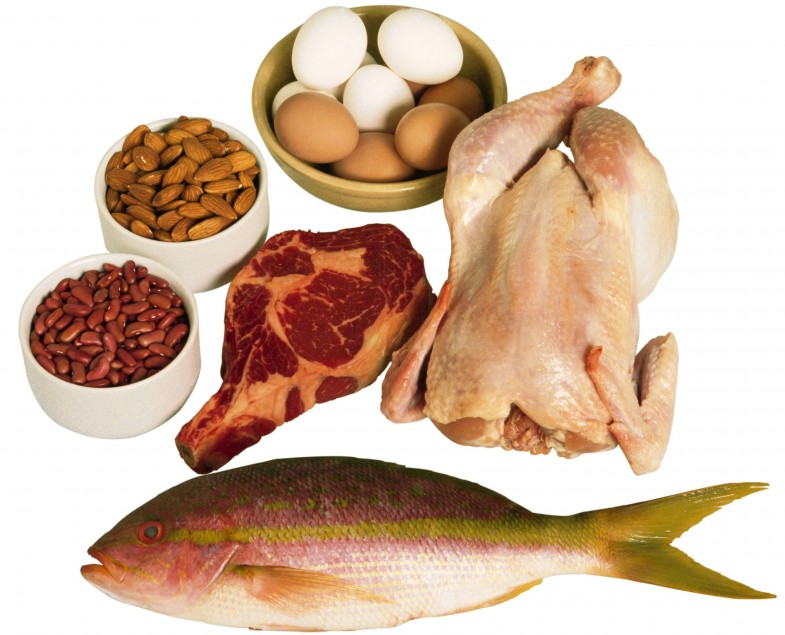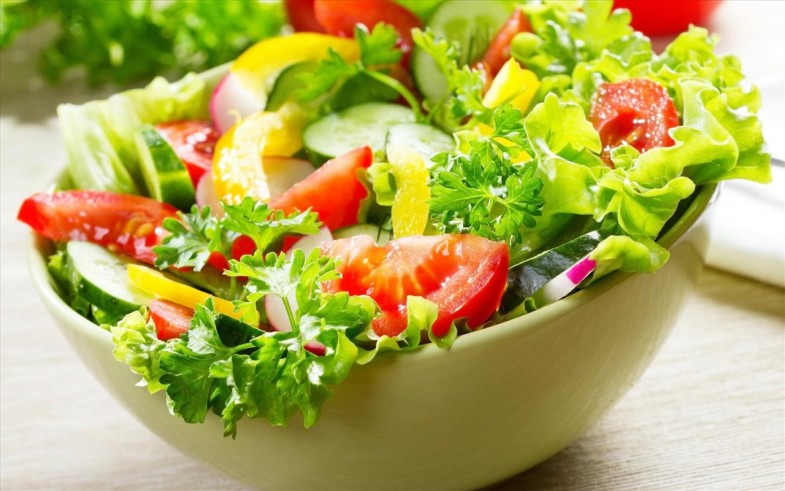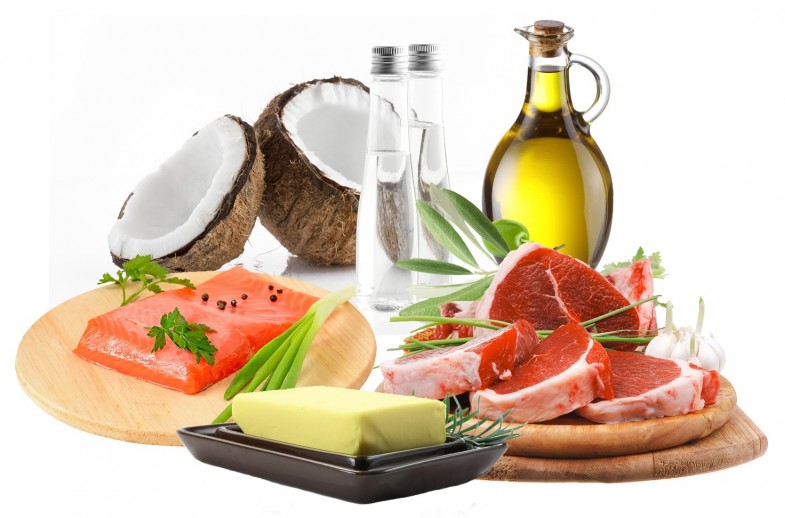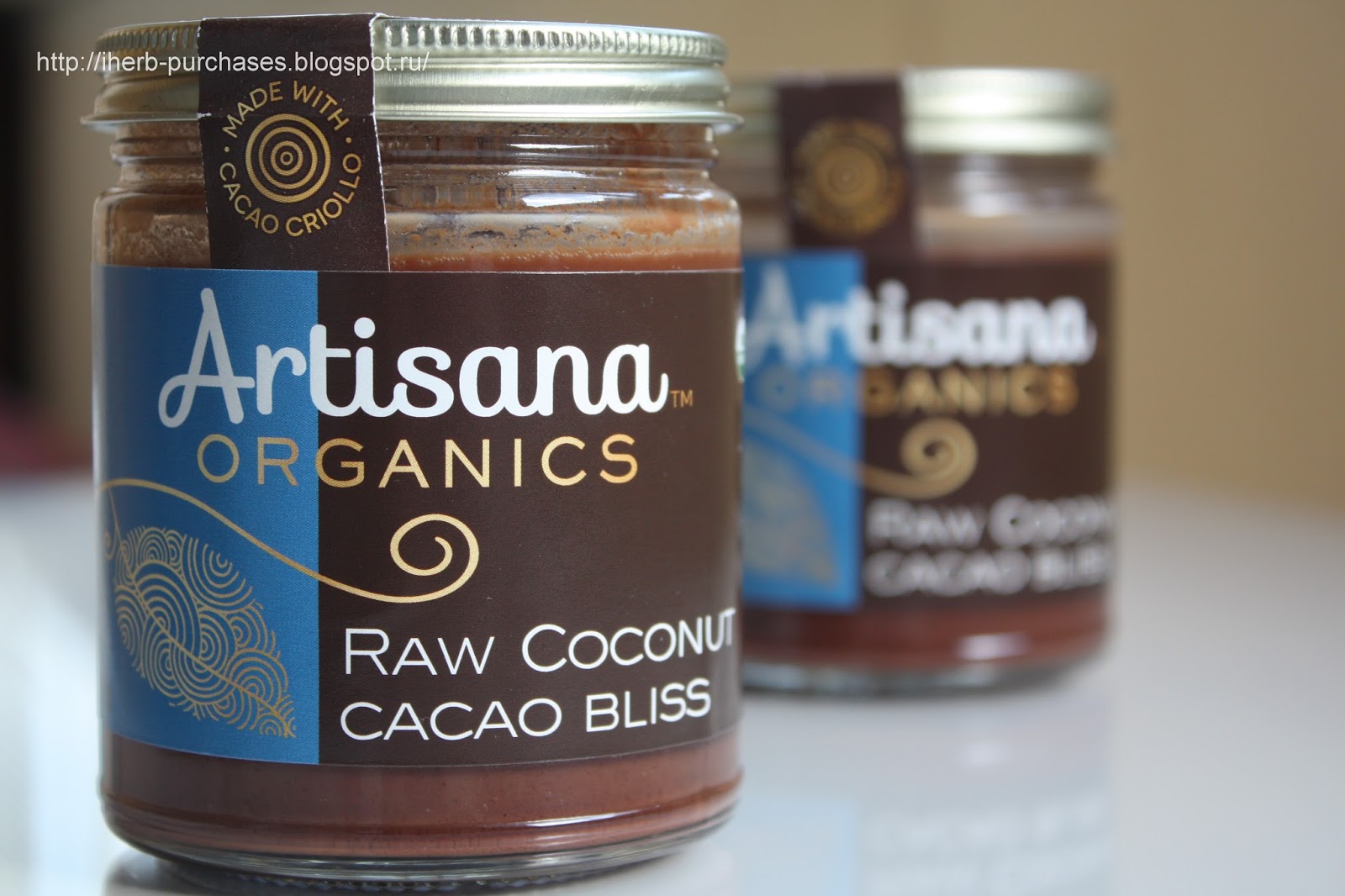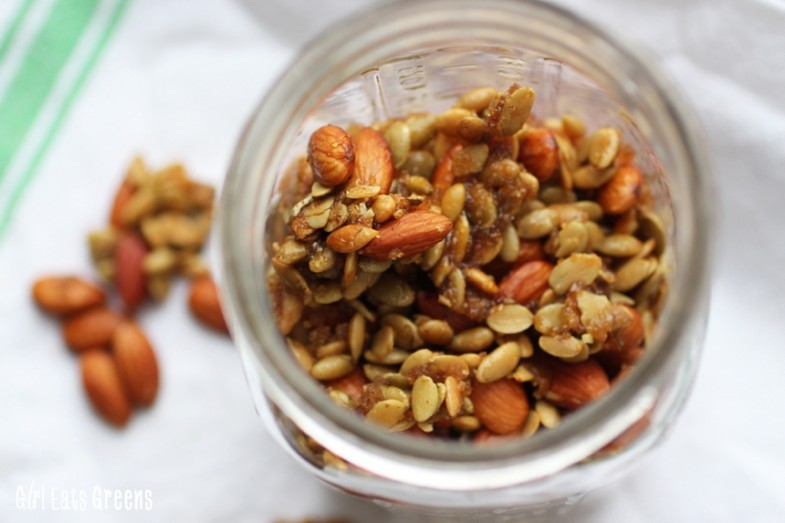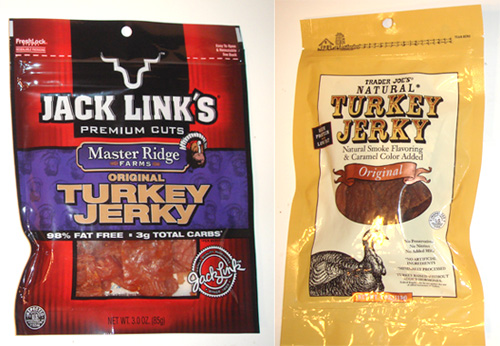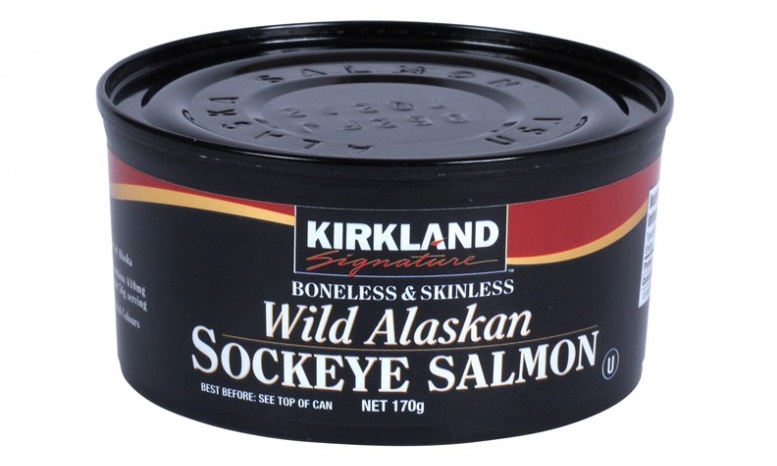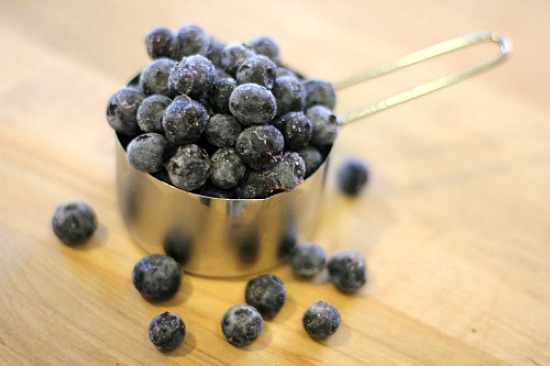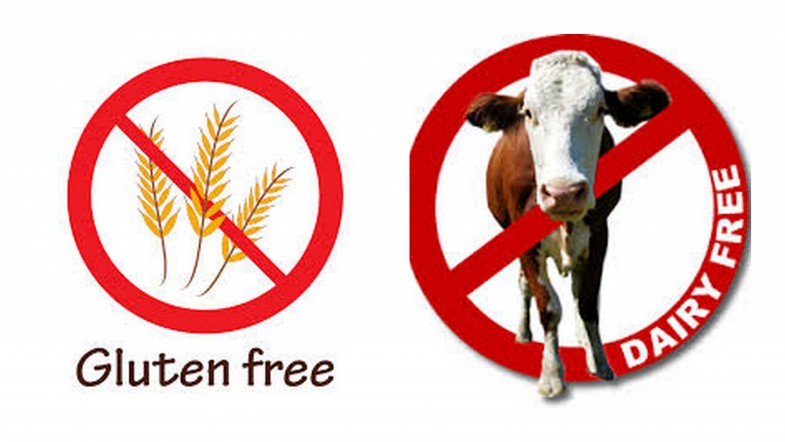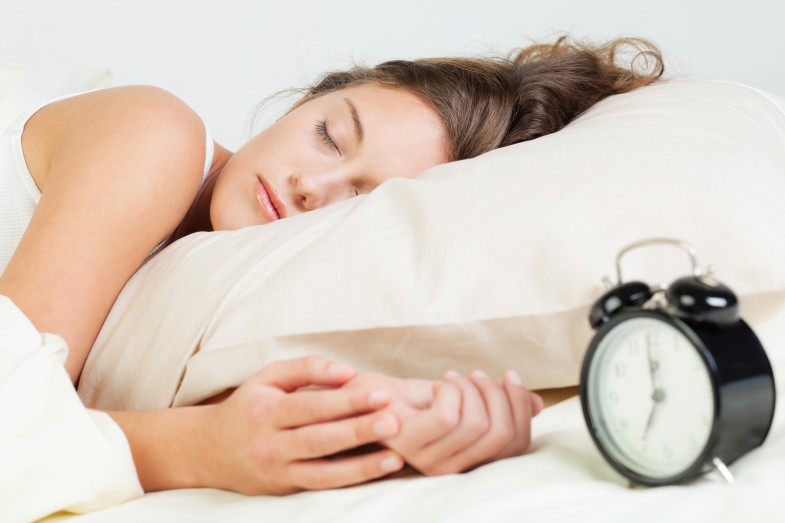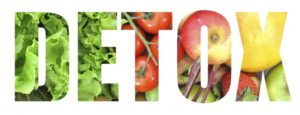
1. Make a decision to detox.
In my book, there are three simple quizzes to help you learn if you need to detox. If you answer, “yes” to any of these questions, a sugar detox is your ticket to feeling great quickly and losing weight painlessly.
The first is the diabesity quiz.
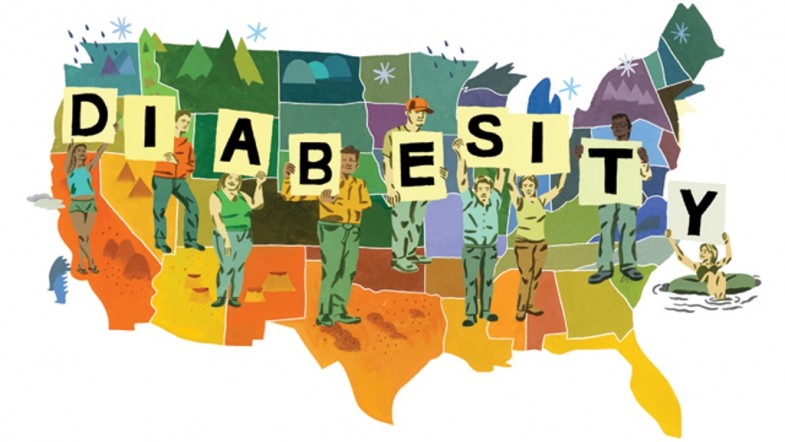
- Do you have pre-diabetes or type 2 diabetes? (90 percent of Americans have not been diagnosed.)
- Do you have belly fat?
- Are you overweight?
- Do you crave sugar and carbs?
- Do you have trouble losing weight on low-fat diets?
- Do you have high triglycerides, low HDL (“good”) cholesterol, or been told your blood sugar is “a little high?”
The second is a food addiction quiz.

- Do you eat when you’re not hungry?
- Do you experience a food coma after eating?
- Do you feel bad about your eating habits or avoid certain activities because of your eating?
- Do you get withdrawal symptoms if you cut down or stop eating sugar or flour?
- Do you need more and more of same bad foods just to feel good?
The third is the FLC Quiz (or the Toxicity Quiz). FLC stands for Feel Like Crap. FLC Syndrome has a list of symptoms including bloating, gas, reflux, irritable bowel, joint or muscle pain, brain fog, memory or mood problems, sinus or allergy symptoms, and more. Millions of us have FLC Syndrome and don’t realize that we are only a few days away from health and happiness.
2. Be a turkey (a cold one).
There is no way to handle a true physiological addiction except to stop it completely. Addicts can’t have just one line of cocaine or just one drink. Go cold turkey. But you won’t have to white-knuckle it because if you follow these 10 ideas, you will automatically reset your body’s neurotransmitters and hormones.
Stop consuming all forms of sugar, flour products, and artificial sweeteners, which cause increased cravings and slow metabolism, and lead to fat storage. Also get rid of anything with trans or hydrogenated fats and MSG (watch for hidden names). Ideally, for 10 days you avoid any foods that come in a box, package, or a can, or that have a label. Stick to real, whole, fresh food.
3. Don’t drink your calories.
Any form of liquid sugar calories is worse than solid food with sugar or flour. Think of it as mainlining sugar directly to your liver. It turns off a fat storage machine in your liver, leading to dreaded belly fat. You don’t feel full, so you eat more all day and you crave more sugar and carbs. It’s also the single biggest source of sugar calories in our diet.
That includes sodas, juices other than green vegetable juice, sports drinks, and sweetened teas or coffees.
One 20-ounce soda has 15 teaspoons of sugar; Gatorade contains 14 teaspoons of the stuff in one bottle. One can of soda a day increases a kid’s chance of being obese by 60 percent and a woman’s chance of type 2 diabetes by 80 percent. Stay away.
4. Power up the day with protein.
Protein, protein, protein at every meal—especially breakfast—is the key to balancing blood sugar and insulin and cutting cravings. Start the day with whole farm eggs or a protein shake.
Use nuts, seeds, eggs, fish, chicken or grass-fed meat for protein at every meal. A serving size is 4 to 6 ounces or the size of your palm.
5. Eat unlimited carbs (the right ones).
Yes, that’s right, unlimited carbs. Did you know that vegetables are carbs? And you get to eat as much as you want. There is one catch.
I only mean the non-starchy veggies such as greens, anything in the broccoli family (cauliflower, kale, collards),asparagus, green beans, mushrooms, onions, zucchini, tomatoes, fennel, eggplant, artichokes, and peppers, to name a few.
Avoid potatoes, sweet potatoes, winter squash and beets—just for 10 days. Also skip grains and beans for 10 days. It supercharges the results so you lose weight and feel great.
6. Fight sugar with fat.
Fat doesn’t make you fat, sugar does. Fat makes you full, balances your blood sugar, and is necessary for fueling your cells. Along with protein, have good fats at every meal and snack including nuts and seeds (which also contain protein), extra virgin olive oil, coconut butter, avocados, and omega-3 fats from fish.
7. Be ready for emergencies.
You never want to be in a food emergency when your blood sugar is dropping and you find yourself in a food desert such as an airport, the office, or in a maze of convenience stores, fast food joints, and vending machines. You need an emergency food pack. I have one with me all the time and it’s filled with protein, good fats, and good snacks so I never have to make a bad choice. Here’s what’s in mine:
- Packets of Artisana nut butters and coconut butter
- Almonds, walnuts, and pumpkin seeds
- Salmon jerky or turkey jerky
- A can of wild salmon or sardines
- Unsweetened wild blueberries.
8. Swap distress for de-stress.
If you are stressed, your hormones go crazy. Cortisol goes up which makes you hungry, causes belly fat storage, and leads to type-2 diabetes. Studies show that taking deep breaths activates a special nerve, called the vagus nerve, that shifts your metabolism from fat storage to fat burning and quickly moves you out of the stress state. And all you have to do is take a deep breath.
Try my Take Five Breathing Break. It’s something you can do anywhere, anytime. Simply take five slow deep breaths—in to the count of five, out to the count of five. Five times. That’s it. Do this before every meal. Watch what happens.
9. Put out the fire (of inflammation).
Studies show that inflammation triggers blood sugar imbalances, insulin resistance, pre-diabetes, and type-2 diabetes. The most common source of inflammatory foods other than sugar, flour, and trans fats are hidden food sensitivities. The most common culprits are gluten and dairy. We often crave the foods we’re allergic to. Without them we feel lousy and want more.
Quit gluten and dairy for 10 days. Getting off them isn’t easy, but after just 2 or 3 days without them, you’ll have renewed energy, relief from cravings, and will see many of your common symptoms disappear.
10. Get your Zzz’s.
Getting less sleep drives sugar and carb cravings by affecting your appetite hormones. In human studies, depriving college students of just two hours of the recommended eight hours of sleep led to a rise in hunger hormones, a decrease in appetite-suppressing hormones, and big cravings for sugar and refined carbs.
You want more energy if you don’t sleep, so you go toward quickly absorbed sugars. Sleep is the best way to fight against the drive to overeat. You literally can sleep your cravings and your weight away.
